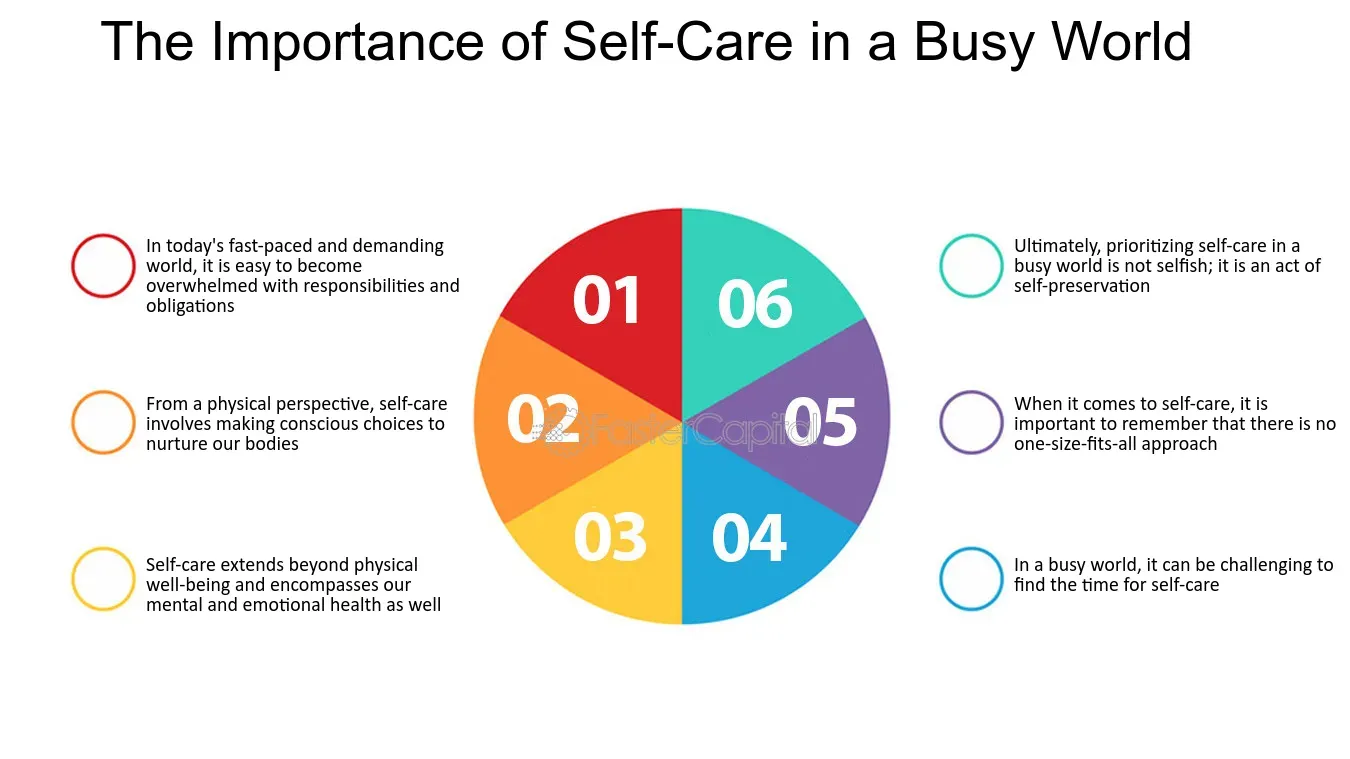

In today’s fast-paced world, finding time for yourself can seem like an impossible task. Between work commitments, family obligations, and social responsibilities, personal time often takes a backseat. Let’s learn more about this topic below with Snake Game, as we explore effective strategies for carving out meaningful moments of self-care and personal development in your busy schedule.
Making time for yourself isn’t just a luxury – it’s a necessity for maintaining mental health and overall well-being. When we constantly push ourselves without taking breaks, we risk burnout, decreased productivity, and strained relationships. Research shows that individuals who regularly schedule personal time experience reduced stress levels, improved creativity, and better decision-making abilities.
The human brain isn’t designed for constant activity. Just as our bodies need rest after physical exercise, our minds require downtime to process information and recharge. This restoration period is crucial for maintaining cognitive function and emotional stability. When we neglect this need, we often find ourselves making poor choices, feeling overwhelmed, and struggling to maintain focus on important tasks.
Read more: Time Management Tips for Parents with Busy Schedules
Before you can create more time for yourself, it’s essential to understand where your time currently goes. Many people are surprised to discover how much time they spend on non-essential activities. Social media scrolling, excessive TV watching, and inefficient work practices often consume hours of our day without providing meaningful value.
Consider keeping a time log for one week, noting how you spend each hour. Pay special attention to transition times between activities and how long you spend on digital devices. You might find that what feels like “just a few minutes” of phone checking actually adds up to several hours throughout the day.
A well-planned daily routine can help you reclaim lost time and create space for personal activities. Start by identifying your peak energy hours – are you a morning person or do you function better in the evening? Schedule your most important tasks during these high-energy periods and reserve lower-energy times for less demanding activities.
Block out specific times for personal activities, treating them with the same importance as work meetings or family commitments. Whether it’s a 30-minute morning meditation, an afternoon workout, or evening reading time, scheduling these activities increases the likelihood that they’ll actually happen.
The first hours of your day set the tone for what follows. Developing a morning routine that prioritizes self-care can help you feel more centered and prepared for daily challenges. Consider waking up 30 minutes earlier to enjoy quiet time, practice mindfulness, or engage in light exercise before the day’s demands begin.
One of the biggest challenges in creating personal time is learning to set and maintain boundaries. This means becoming comfortable with saying “no” to requests that don’t align with your priorities or schedule. Remember that every “yes” to someone else’s needs is potentially a “no” to your own personal time.
Communicate your boundaries clearly and consistently with family members, colleagues, and friends. Help them understand that your personal time isn’t negotiable – it’s a necessary component of being your best self for them and others.
While it’s ideal to have large blocks of personal time, learning to utilize small time segments effectively can make a significant difference. A 10-minute break between meetings can become a mindful breathing session. Your commute might become an opportunity for audiobook learning or quiet reflection.
These “micro-moments” of self-care add up throughout the day and can help maintain your energy and focus. The key is to be prepared with activities that can fit into these brief windows of opportunity.
While technology can be a time-waster, it can also be a powerful tool for creating more personal time. Use productivity apps to streamline tasks, set reminders for breaks, and track your time usage. Calendar blocking tools can help protect your personal time by making it visible to others and preventing double-booking.
Consider using automation for routine tasks where possible. This might include setting up automatic bill payments, using meal planning apps, or implementing email filters to reduce time spent on administrative tasks.
Designate a physical space in your home specifically for personal time activities. This could be a corner for meditation, a comfortable reading nook, or a small area for exercise. Having a dedicated space helps signal to your brain – and others – that this is time for self-care.
Keep this space free from work-related items and distractions. The goal is to create an environment that supports relaxation and personal development activities.
Read more: The Art of Saying No: Take Back Your Time
Share your goal of creating more personal time with family and friends. They can provide encouragement and practical support, such as taking on some responsibilities or respecting your designated personal time. Consider finding an accountability partner who shares similar goals.
Join communities or groups focused on personal development and time management. These connections can provide valuable insights, motivation, and practical strategies for maintaining your commitment to personal time.
Creating time for yourself in a busy world isn’t about finding more hours in the day – it’s about making conscious choices about how you use the time you have. By implementing these strategies consistently and adjusting them to fit your unique situation, you can create meaningful pockets of personal time that enhance your overall quality of life.
Remember that making time for yourself isn’t selfish – it’s essential for maintaining the energy and focus needed to meet life’s demands effectively. Start small, be consistent, and celebrate your progress as you develop habits that support your personal well-being in our busy world.